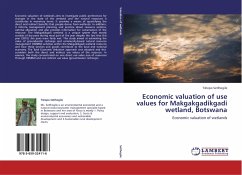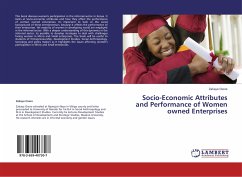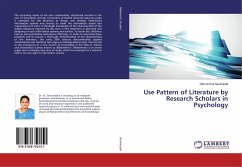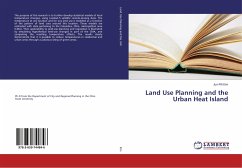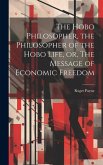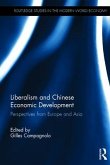Economic valuation of wetlands aims to investigate public preferences for changes in the state of the wetland and the natural resources it constitutes in monetary terms. It provides a means of quantifying the direct and indirect benefits that people derive from wetlands. In addition, it informs management planning and practice about resource options, optimal allocation and also provides information for conservation of the resource. The Makgadikgadi wetland is a unique system that mostly consists of dry pans during most part of the year despite the fact that this year (2010), the pans were fairly wet. This study aimed at estimating the value of groundwater recharge and community-based natural resource management (CBNRM) activities within the Makgadikgadi wetland resource and how these services and goods contribute to the local and national economy. The Total Economic Valuation approach was adopted and this considers both the direct and indirect use values of the resource. In essence, the study concentrated on one direct use value (use of resources through CBNRM) and one indirect use value (groundwater recharge).

